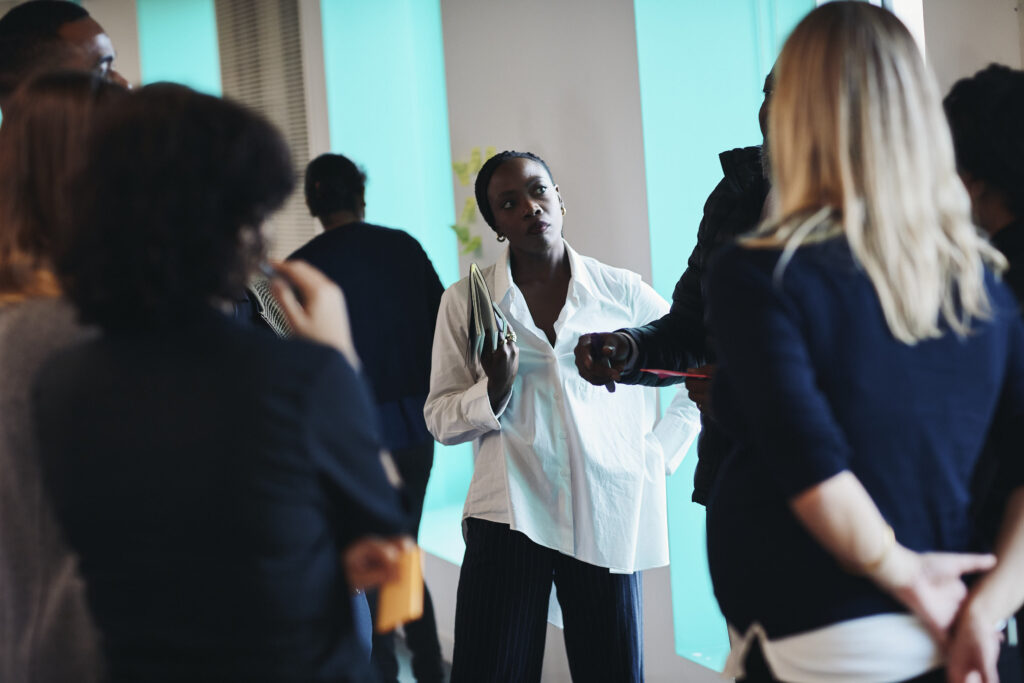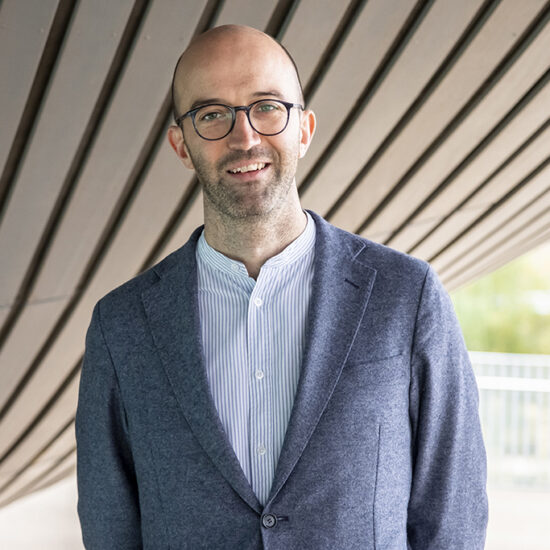Employability: what’s power got to do with it?
Employability reality check revisited
In this blog, Renaisi's Deputy CEO Natsayi Sithole updates the themes of John Hitchin's blog about the broken employability system and asks what might happen if we dare to put individual agency first?

In July last year, Renaisi’s CEO John Hitchin reflected on our long-term focus on employability and how that landscape has shifted. Ultimately, he shared what we all know to be true: the system is not working.
Here we are three-years post COVID and we can see clear patterns bedding in. Our UK labour market has stopped growing, the “cost of living crisis” is also a “cost of working” crisis as Tony Wilson of the IES put it, as wages continue to present a barrier to those who want to go back to work but for whom work simply does not pay.
The recent Chancellor’s budget announcement made labour participation a central concern. Although there was much to welcome, there were also many reasons to be underwhelmed;
- 30 hours childcare without consideration of how this would impact a stretched and creaking early years sector;
- sanctions and conditionality are still on the table despite the human cost of this approach; and
- I’d like to have seen more on how employers are a critical part of the picture.
We know the staggering stats and trends about employment, and our frontline advisors and outreach teams see the reality every day as we support people across London to beat the odds. The same patterns of disadvantage we have seen decade-on-decade continue to reproduce with striking regularity. If you have a disability or long-term health condition, you are an older person, from a racially minoritised group, a single parent, or living in an area that has been deprived of essentials and long-term investment, you’re more likely to be out of work. So far so predictable. So far, so frustrating.
If we are honest, many of us would agree that the provision that exists and we support the government to deliver is not touching the sides in terms of scale and, importantly, in terms of depth of change. It remains rigid, light touch, prescriptive, and simply is not driving long-term positive outcomes for people, particularly those who experience structural and enduring marginalisation.
What’s power got to do with it?
The root causes of the challenges we are seeing on the surface cannot be addressed through the models and approaches dominating the employability space today. While specialist and targeted support, extending access, and other changes so many have rightly advocated for are part of the picture, at Renaisi we have been considering the limitations of the former in particular.
Our work includes targeted outreach – getting alongside and meeting people where they are, targeted support to address specific barriers such as language, health, and tech skills gaps, and working with employers to change their recruitment practices and internal cultures so that refugees and others who face high barriers to entry can get work they want and progress.
Our team spend a lot of time talking to people who come to Renaisi about one thing: agency.
Agency is a form of power. The ability to affect change through action. Whether it’s trying to navigate a broken housing market or the dehumanising minefield that is the immigration system, or being persistently passed over for work you’re overqualified for because you have a disability, people we work alongside tell us repeatedly that they feel in different ways, powerless. Done to.
While the support we offer helps to remedy some of that feeling, we know it’s temporary. And we know to some degree, we are also prescribing “solutions” to challenges we know won’t shift within the lifecycle of any one programme or service. We are “doing to” as well.
What would real change look like?

We have been asking what it would look like to do this work differently, and we have committed ourselves to recentring the power and agency of people who face underemployment and unemployment in the design of our support. You can read more about our direction here.
What might happen if we dare to understand people’s lives and experiences as they are, complex and constantly moving, not neatly organised into specific categories?
- What might change?
- What might we break?
- What assumptions might disintegrate…and will that be a bad thing?
- What wider benefits might be realised for people and communities?
- What might deeply participatory, collaborative, and long-term approaches unlock?
- Would more permanent space for genuine collaboration open up between providers of all sizes working at different scales?
We are beginning our journey with people in Southwark, and we will be sharing what we learn as we go.
We want to get alongside others who have been thinking about similar questions and want to push forward and try something new. At a time where so much feels difficult and intractable within, playing outside of the rules of the game together might illuminate where transformation is possible.
If you’re interested in exploring what community-driven employment support could look like, get in touch. We know we won’t solve it alone.

- Let's talk
- Contact Natsayi Sithole on:
- 07756 069666
- n.sithole@renaisi.com




